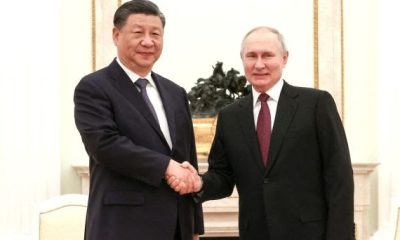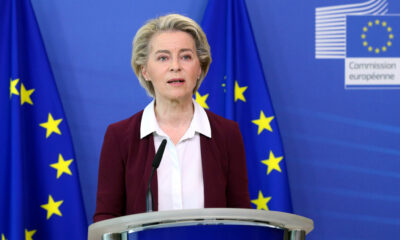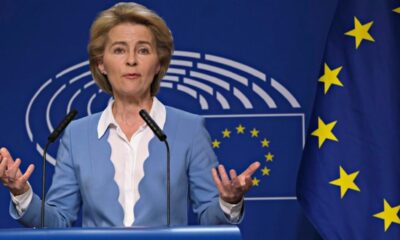Technology
EU to announce tariffs on Chinese EVs amid subsidy dispute
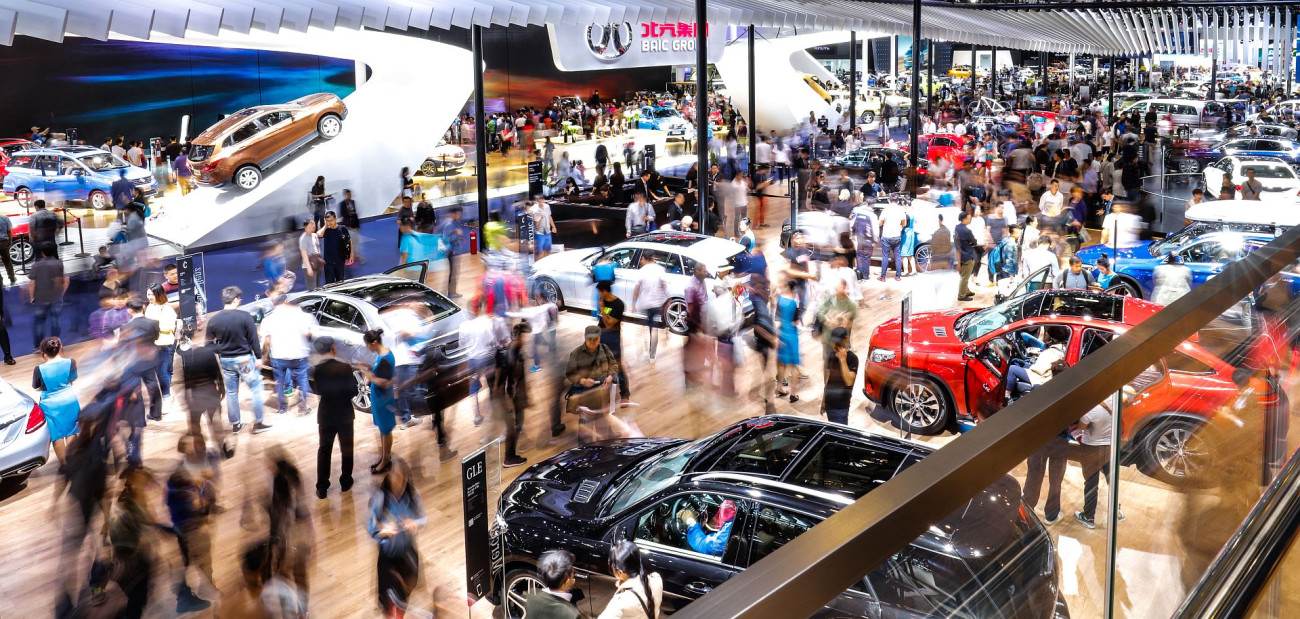
The European Commission is set to announce tariffs on Chinese electric vehicles (EVs) this week, aiming to counter what it calls excessive subsidies.
The EU tariffs on Chinese EVs are likely to escalate tensions with Beijing and follow the U.S. decision to increase duties on Chinese EVs to 100%.
Brussels is expected to impose lower tariffs compared to the U.S. on imports from Chinese manufacturers like BYD and Geely, as well as Western producers such as Tesla, which export cars from China to Europe.
The EU tariffs on Chinese EVs decision comes as European automakers face growing competition from cheaper Chinese EVs, despite minimal support for tariffs from the European auto industry, particularly from German automakers who fear retaliation from China and rely on importing many vehicles from China.
European Commission President Ursula von der Leyen has stressed the importance of preventing a flood of subsidized Chinese EVs into the EU market. However, the European automotive sector, including major players like BMW, Mercedes, and Volkswagen, warns against tariffs due to their significant market reliance on China.
China has criticized the EU’s anti-subsidy investigation and has started its own anti-dumping investigation into French-made brandy imports. Additionally, China has enacted legislation to enhance its ability to retaliate against tariffs imposed by the EU or the U.S.
The EU’s notice comes ahead of the July 4 deadline for provisional measures, which could apply retroactively for 90 days. A final decision on definitive duties, possibly lasting five years, will be made by late October unless heavily opposed by EU governments. Analysts expect tariffs between 10% and 25%, potentially costing EU importers about $1 billion based on 2023 trade data.
Chinese EV imports to Europe have surged, with the European Commission predicting that Chinese brands’ share of EVs sold in the EU could reach 15% by 2025. Despite warnings from top executives at BMW, Mercedes, and Volkswagen, France supports measures to protect against China’s subsidized production, while Germany remains sceptical about the need for such tariffs.
European automakers are increasingly partnering with Chinese companies to produce EVs more cost-effectively and quickly. Chinese EV manufacturers and suppliers are also investing in European production to avoid tariffs.
While higher tariffs might temporarily affect the cost advantage of Chinese automakers, European carmakers acknowledge that it won’t stop the competitive pressure from lower-cost Chinese EVs.
Stellantis CEO Carlos Tavares emphasized the urgent need for carmakers to adapt to regulatory and bureaucratic challenges to remain competitive.
-

 NEWS22 hours ago
NEWS22 hours agoHow Access Bank staff secretly filmed nude videos of 400 colleagues in office
-

 NEWS15 hours ago
NEWS15 hours agoPHOTOS: Pastor Onipede Olugbenga Honours MFM RG 59 Ministers, Members for Humanitarian Service
-

 NEWS14 minutes ago
NEWS14 minutes agoAccess Bank reacts to viral report of staff filming colleagues in rest room

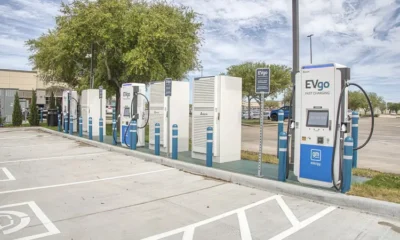

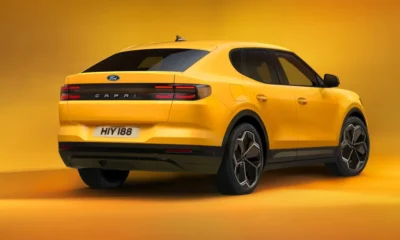

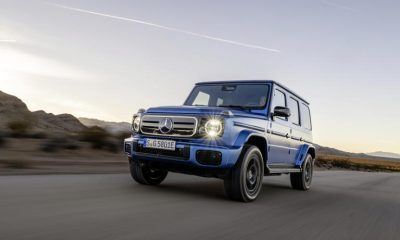

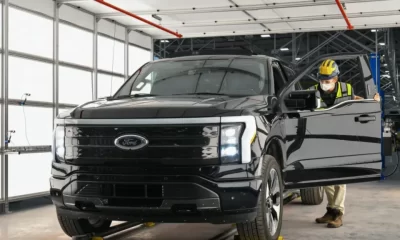



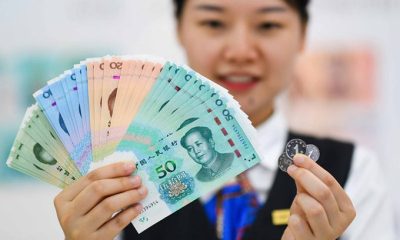

![Dishwashing lady goes viral for arriving to work in a restaurant with Bentley [video]](https://topnaija.ng/wp-content/uploads/2023/04/vmv-2-400x240.webp)
![Dishwashing lady goes viral for arriving to work in a restaurant with Bentley [video]](https://topnaija.ng/wp-content/uploads/2023/04/vmv-2-80x80.webp)


